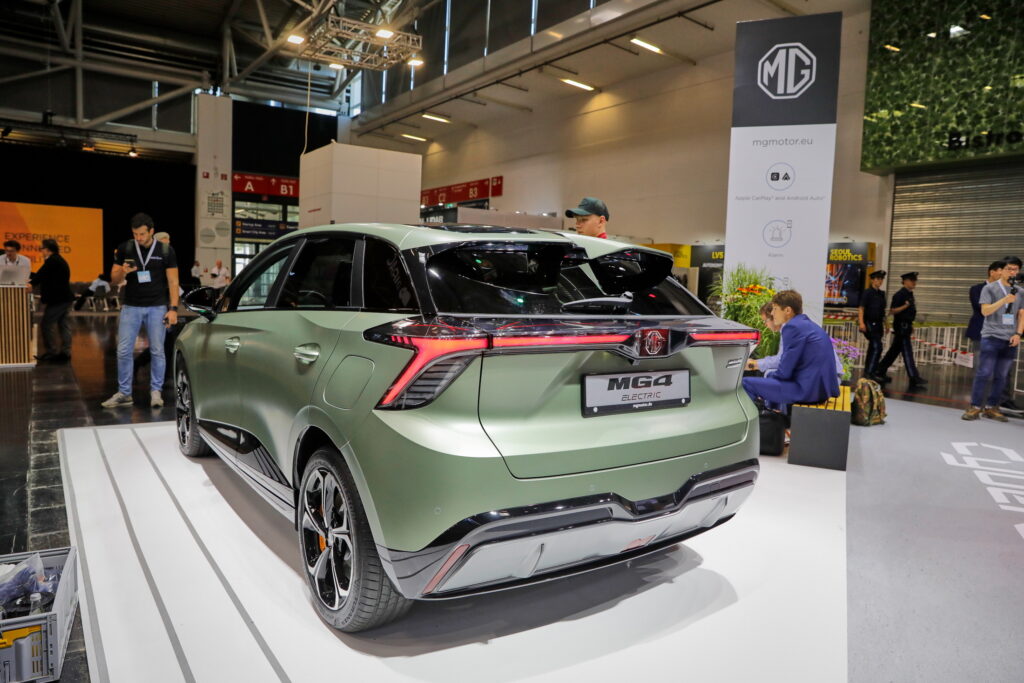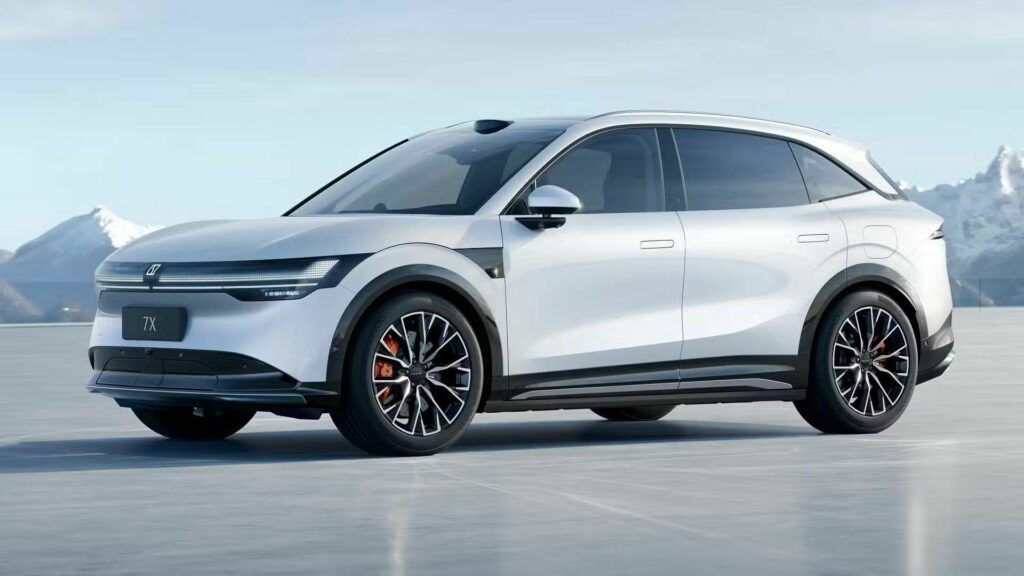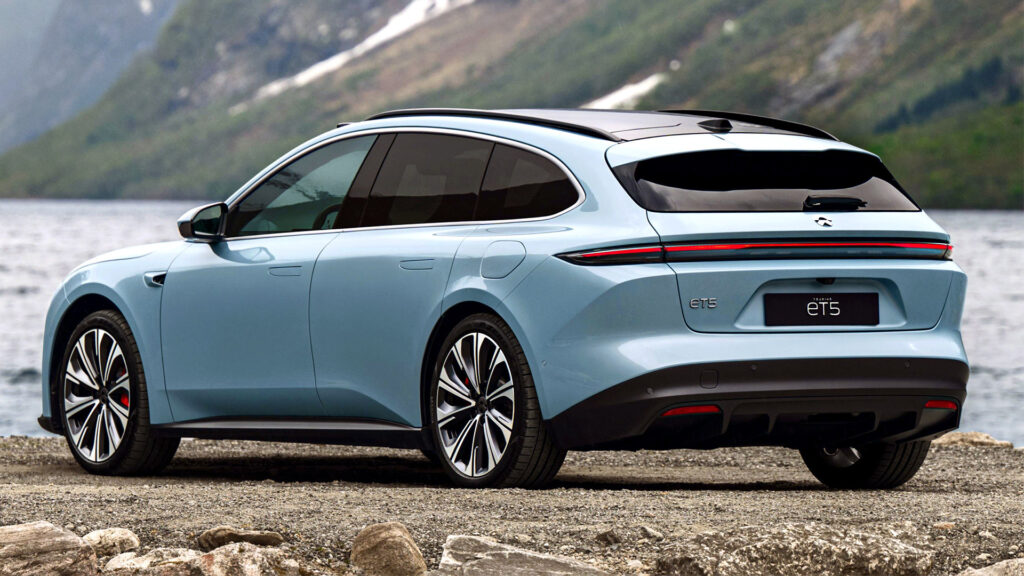- The duties will come into effect in November unless a qualified majority of EU members vote against them.
- A European Commission investigation determined that the Chinese government has been unfairly subsidizing local carmakers.
- Proposed tariffs have been adjusted frequently in recent weeks.
Long-promised tariffs introduced on Chinese-made electric vehicles from the EU could be enforced from November, roughly six weeks after the bloc holds a vote on approving them on September 25.
China has been dealing with the potential outfall from additional tariffs since the European Commission launched an investigation into locally-built EVs last year. Europe has proposed significant tariff increases on all applicable brands, although the rate of the tariff increase varies depending on how brands cooperate with the probe.
Read: EU Trims Tesla, Geely Tariffs Again, But China Wants Talks To Solve Dispute
Sources believe the European Union will hold a vote on introducing definitive tariffs later this month. If the vote passes, duties will kick in November. The only thing that could delay the process is if a qualified majority – which would require at least 15 member states representing 65% of the EU’s population – votes against the tariffs.
Auto News reports that officials from China and the EU have held several meetings this month to try and explore alternatives to the tariffs, but little headway has been made. The EU believes a solution needs to be grounded in World Trade Organization rules and address the subsidies Chinese EVs are benefiting from. Chinese commerce minister Wang Wentao will visit Europe next week to speak with EU trade chief Valdis Dombrovskis.

The EU has made several revisions to the proposed tariffs in recent weeks. It most recently reduced Tesla’s rate from 9% to 7.8%, after initially hitting the carmaker with a 20.8% rate. This is because Tesla hasn’t received as much assistance from the Chinese government as some other automakers, but it did receive discounted batteries.
Geely’s rate has also been reduced from 19.9% to 18.8%. The EU has also revised tariffs for SAIC – which owns MG – from 36.6% to 35.3%. It was hit with the highest rate for not adequately cooperating with the investigation. All of these rates are on top of the existing 10% tariff placed on imported cars.




